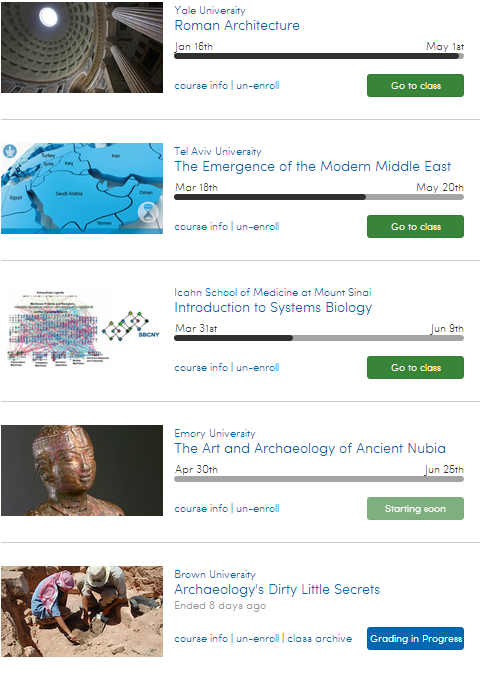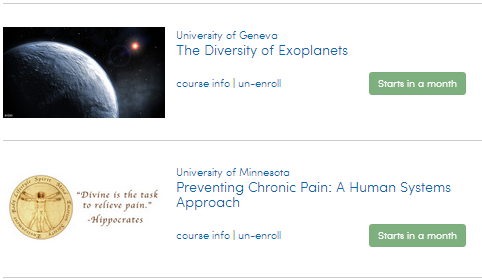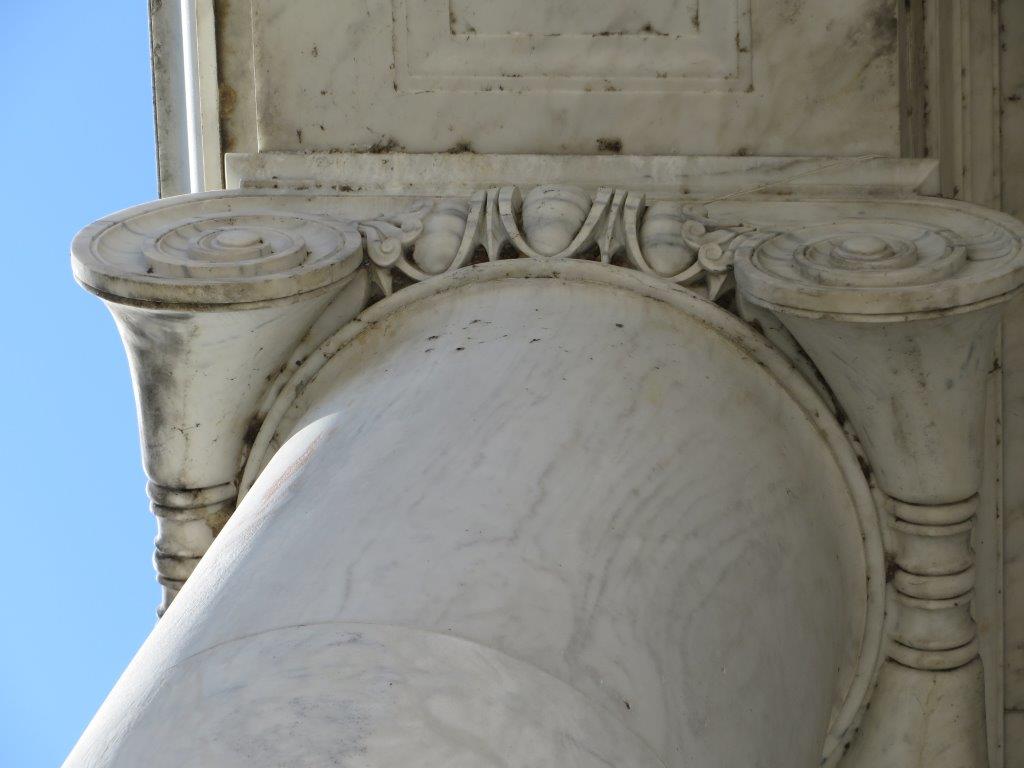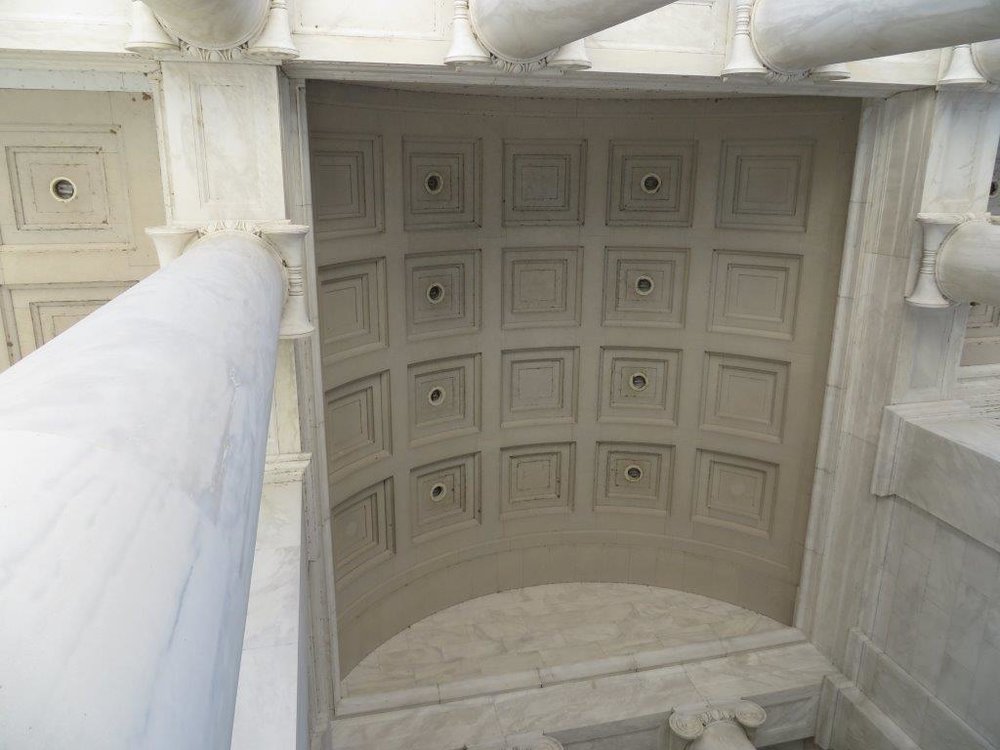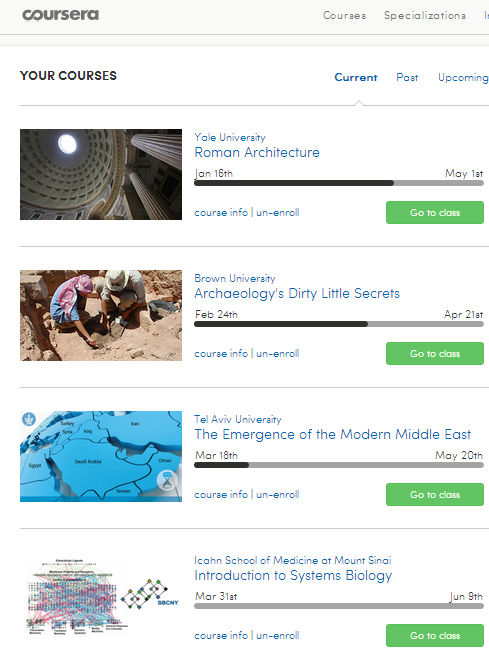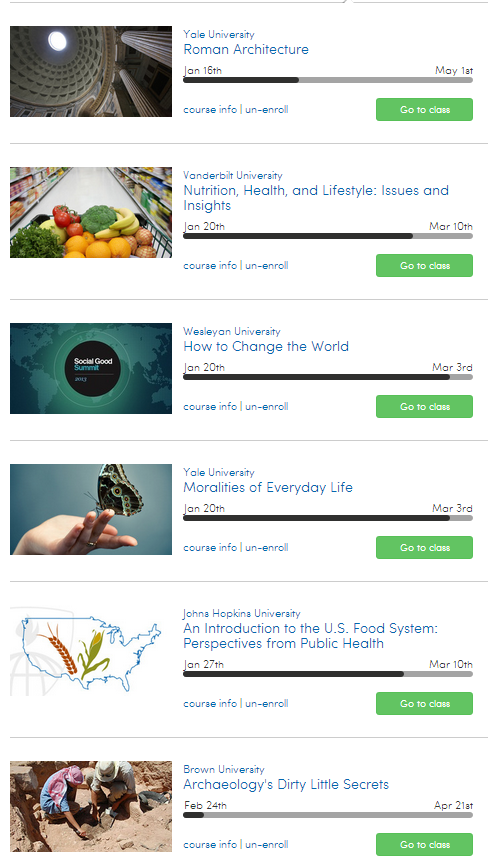Free eBooks - May 2014
/It’s time again for the monthly post about eBooks that are freely available on the Internet. The three below are my favorites for May 2014. This month I’ve selected 3 books that are multiple volumes - totaling 35 ‘books’ in all.
Commission des sciences et arts d’Egyte. Description of Egypt. Second Edition. Paris: C.L.F Panckoucke. 1820. There are 5 volumes of plates about Antiquities, an atlas, 2 volumes of plates about the Modern State, and3volumes about Natural History. Available from the World Digital Library here. These are the volumes produced from Napoleon’s team in Egypt. I found them based on a reference in the Roman Architecture course I took on Coursera; they supplemented another course I finished recently on Cairo Architecture and the course I am taking right now on The Art and Architecture of Ancient Nubia. The drawings were very detailed.
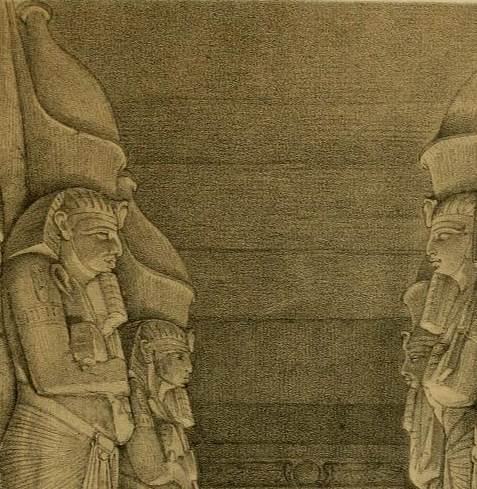
Roberts, David. The Holy Land, Syria, Idumea, Arabia, Egypt, & Nubia. 6 volumes available from the Internet Archive here. London: Day & Son. 1855. I found this series when I did a search for ‘Nubia’ in the Internet Archive. I haven’t tried to pair the drawings of the same ruin from 1820 (Napoleonic team) and 1855 but it probably would be possible. Some of the monuments were still partially covered with sand (and thus protected from erosion more than they are now) and the dams on the Nile had not been built to inundate the ones south of Aswan.
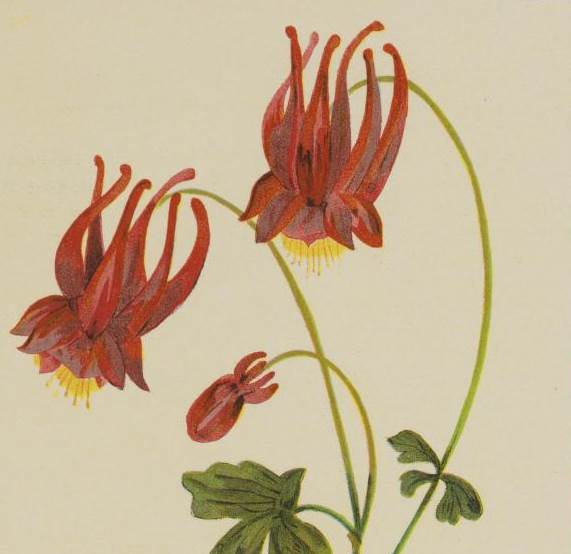
Wild Flowers of America. New York: G.H. Buek & Co. 1894. There are 18 issues available from the Internet Archive here. Many of these flowers are recognizable. I’ve seen the columbine in many local gardens this year!


